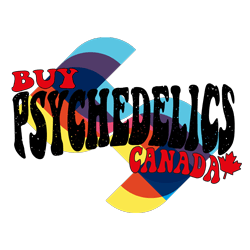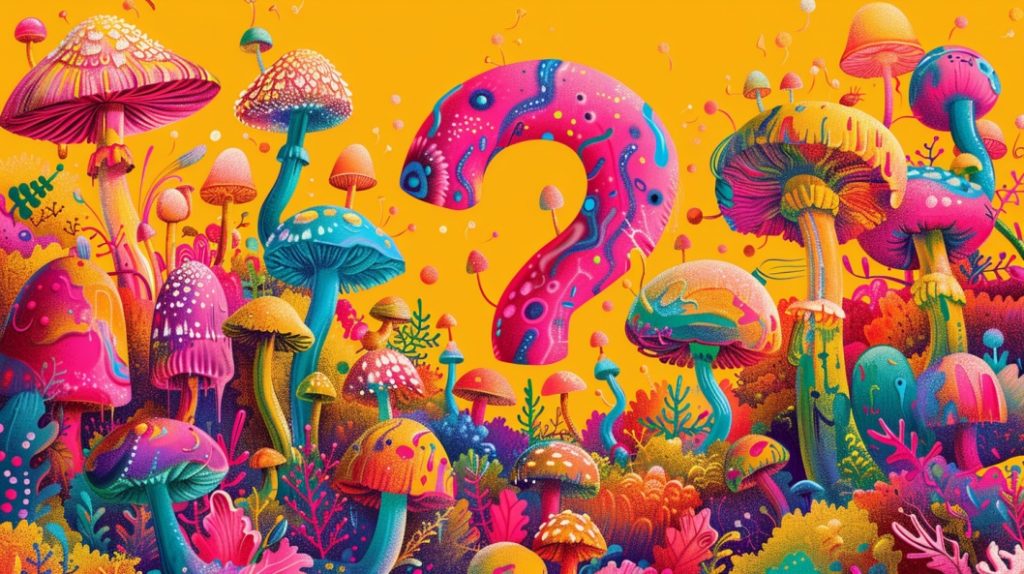Psychedelics
Are magic mushrooms addictive ?
Magic Mushrooms are not addictive. Research indicates that magic mushrooms have a low potential for addiction and are considered relatively safe with few mild adverse effects.
However, there are concerns about unpredictable severe reactions, especially in vulnerable individuals, which warrant caution.
Magic mushrooms, known for their psychedelic effects, have been a subject of research due to their potential therapeutic benefits and concerns about their abuse potential.
-
The potential for physical and psychological dependence on magic mushrooms is considered low, with acute toxicity being moderate and chronic toxicity low; public health and criminal aspects are negligible.
-
Clinical research suggests that psilocybin-containing mushrooms may have therapeutic potential for treating addiction, depression, anxiety, and other mental health concerns.
-
Perceptions of harm from magic mushrooms are generally in line with their actual low toxicity and abuse potential, contrasting with their legal classification as a Class A drug in some jurisdictions
-
The use of magic mushrooms can lead to adverse effects such as panic attacks and flashbacks, which are of concern, especially when combined with alcohol or used in an unsuitable setting.
-
There are reports of severe adverse events, such as subarachnoid hemorrhage and suicidal behavior, associated with magic mushroom consumption, particularly among individuals with mental or psychiatric disorders.
Magic mushrooms, containing psychoactive compounds like psilocybin and psilocin, have shown therapeutic potential for mental health disorders without the addictiveness of other substances like cocaine or methamphetamines. Despite past controversies, recent studies highlight the positive effects of psilocybin in treating conditions such as Major Depressive Disorder (MDD), Generalised Anxiety Disorder (GAD), and addiction disorders, with long-lasting remission of symptoms after single or low doses. While historically considered unsafe due to neurotoxicity, recent findings suggest that psilocin, found in magic mushrooms, may actually improve perception and mental skills, potentially motivating their consumption. The addictive nature of magic mushrooms is notably absent, making them a promising candidate for therapeutic use without the typical risks associated with addictive substances.
Sources:
| Papers (10) | Insights |
|---|---|
|
|
Magic mushrooms containing psilocybin have shown potential in treating addiction disorders, including substance abuse. They are not considered addictive themselves based on the provided information. |
|
6 Citations
|
Psilocybin in magic mushrooms lacks addictiveness and overdose risks seen in other drugs like cocaine. They offer therapeutic potential for mental health disorders without addictive properties. |
|
15 Citations
|
Psilocybin in magic mushrooms shows therapeutic potential without addiction risk, as per research. It may offer treatment benefits without the addictive properties seen in other substances. |
|
43 Citations
|
Not addressed in the paper. |
|
Open access•Journal Article
|
Magic mushrooms, such as Jamur Tlethong, can be addictive as they are abused for non-medical purposes to alter mood and perception, leading to potential addiction risks among users. |
|
|
Not addressed in the paper. |
|
|
Not addressed in the paper. |
|
|
Magic mushrooms containing psilocybin are not considered physically addictive. Recent research suggests their potential in treating addiction, depression, and anxiety, rather than causing addiction. |
|
|
Magic mushrooms can be addictive due to their classification as a Class A drug, leading to potential unwanted side-effects. The paper does not delve into the addictive nature specifically. |
|
Not addressed in the paper. |

